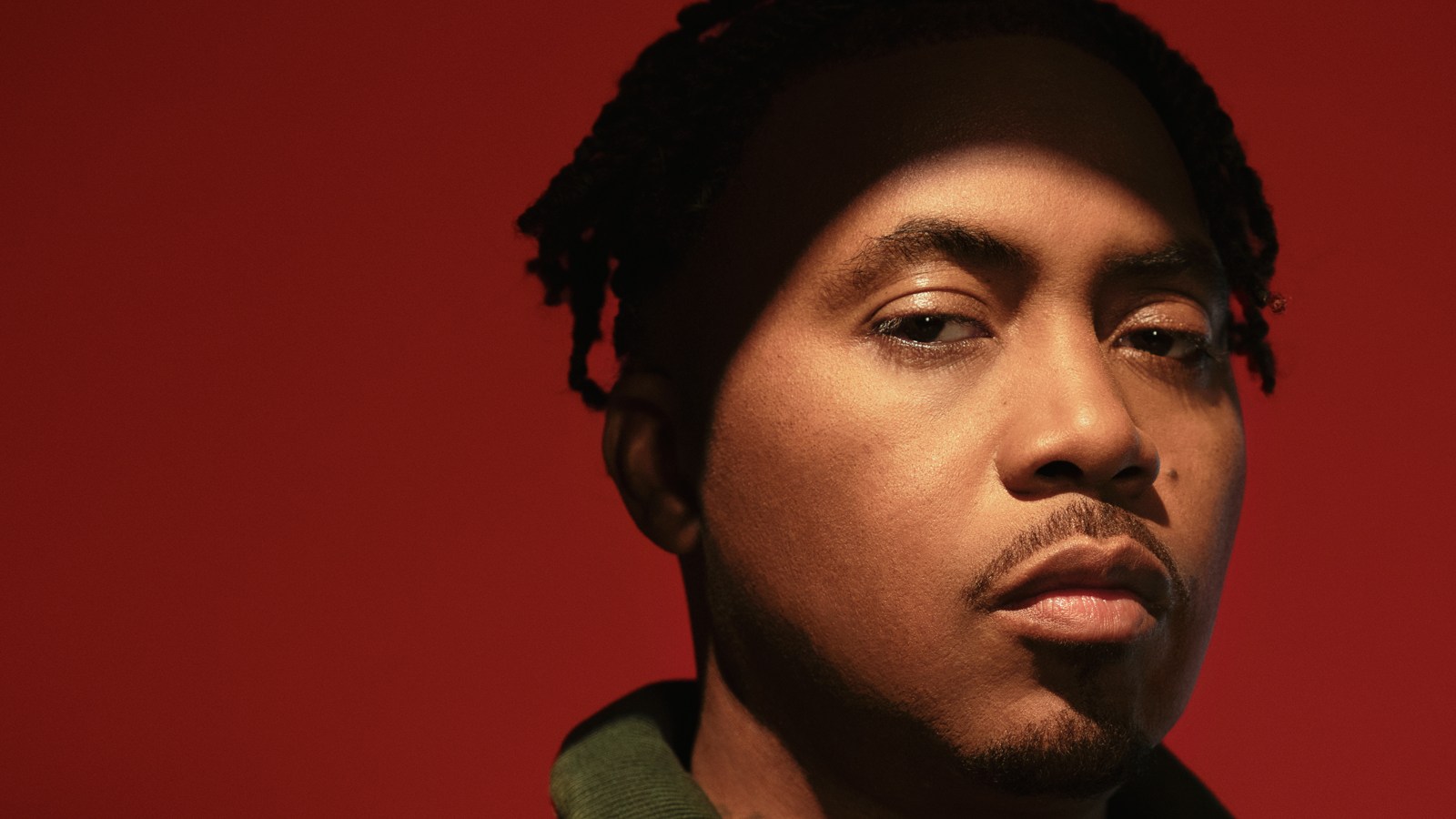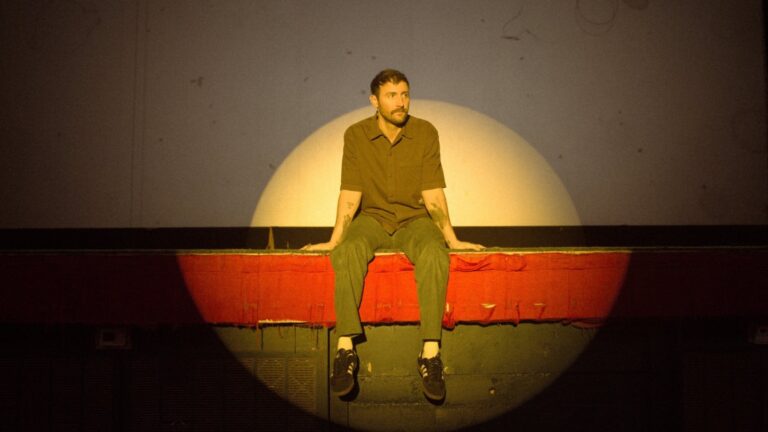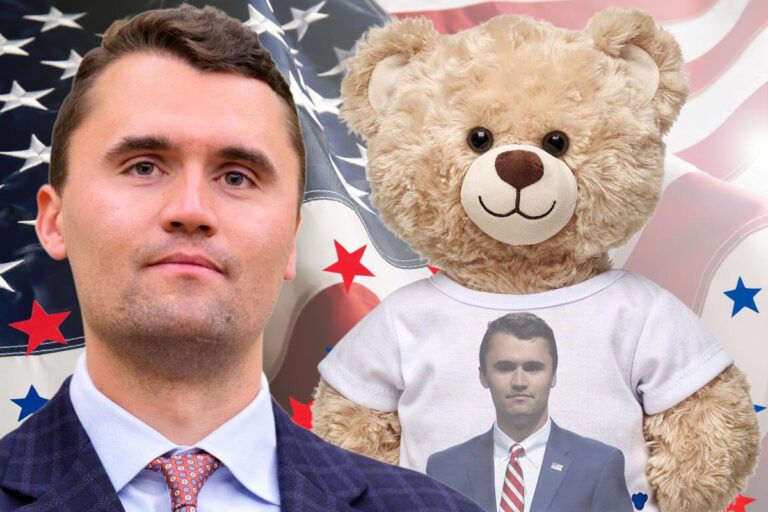S
ince debuting in 1991 with a feature on Main Source’s “Live at the Barbeque,” Nas has been intent on amplifying New York hip-hop. His first full-length album, Illmatic, was an evolution in hip-hop lyricism, and his top-tier penmanship has powered a catalog of 17 solo albums. He’s always paid respect to pioneers, with songs like 2007’s “Where Are They Now (80s Remix),” allowing trailblazers like Kool Moe Dee, MC Shan, and Dana Dane to tell their stories.
Nas has a new project aimed at honoring more hip-hop legends: Alongside the label Mass Appeal, Nas is dropping the Legend Has It … album series, which includes releases from rap heavyweights Slick Rick, Raekwon and Ghostface Killah, and Mobb Deep. A posthumous record from Big L is out on Halloween, with LPs from De La Soul as well as a joint DJ Premier and Nas project on the horizon. “You would think that was a sound that you no longer hear again, but that sound lives in all hip-hop music,” Nas says.
Mass Appeal has also partnered with Marvel on a Legend Has It … comic, immortalizing the acts in the series as superheroes. The first issue, written by Brandon Thomas and drawn by Sanford Greene, debuted at Comic Con in October, with more issues to follow. “Every artist that’s on this Marvel cover was once comic-book fans. So for all of us, [it’s] one of the coolest things,” Nas says.
Nas talked to Rolling Stone from Los Angeles and shared details about the Legend Has It… series, his decades-long career, and why he sees artists as superheroes.
What does it mean to be able to amplify your peers and predecessors with this series?
In hip-hop music, you got different age groups, different cities, countries that have their own section of hip-hop all over the world. It’s finally become a global thing. And when I was a kid, “Is hip-hop global?” was the question. “Is it just a New York to L.A. thing? Is it just America, or just London?” Some of the grown-ups didn’t understand it or believe it would last. Not only did it last, it became a worldwide thing. So to play any part in it today, this year, 2025, is a dream come true.
Was there a specific moment that made you realize hip hop was global?
When Run-D.M.C. did the LiveAid concert [with] all these artists performing to raise money for famine in Ethiopia. I think the show happened in London and they were probably the only rap group on the show with [rock] groups like Queen and everybody. I knew at that point they had opened the doors so that hip hop could become global.
How did the Mass Appeal and Marvel comic books happen?
That’s another thing I think we just manifested being fans of Marvel, [which] has been a part of my life since I don’t even know when. It kind of speaks to the writer in me who would read these things and it would spark my imagination and I would draw my own comic books and color and create the stories. I had a name, I can’t remember the name of my company. I was probably nine years old, 10 years old.
Did you have a favorite Marvel character growing up?
Wolverine. Iron Man, that’s Ghostface right there all day long. Spider-Man, Magneto. The Hulk.
What are some of the similarities in the way that comic-book creators and rappers create worlds?
Artists, in a sense, are superheroes because they help people get through tough times. They lift people up. It’s the music in the gym when people are becoming superheroes. I had a song called “Superhero Status,” and it’s just [about] everybody has a superhero in them. They have to tap into it, reach that level of positivity.
Have you ever thought about what you would want your superpower to be?
Yeah, man, we let the world know December 10th. It’s all in there, built on the character based off me.
Did you have creative input on the comic book?
Every one of us had a bunch of questions and a bunch of ideas, and we put together what we felt would be the best representation of us and a comic book superhero.
What do you think the Legend Has It … series conveys about the classic New York sound?
It’s 1995 all over again. Sometimes I feel like 2025 has that feeling. It’s not going backwards, [it’s] going forward though. It’s that feeling of urgency, that vibration, the celebration of life and these songs and these albums, what they meant 30 years ago. It’s still thriving right now. Even from younger people, they’re all derivatives of that early sound. And these artists here, from Slick Rick — he is the reason that all of us even have a pen in our hands. You look at him and you think of Mobb Deep, and you think of Raekwon and Ghostface, De La Soul, [it’s] some of the most different, brave, bold, intelligent hip hop music ever made.
And of course, we lost some of our brothers along the way, [but] we’re still representing for them and they’re still representing themselves through the series. It’s a celebration of a great impact, a standard that they set that we could never forget because it keeps us aiming higher. This series is to encourage [and] inspire hip hop and remind us all [of] the pureness of hip hop. I hope that we all can do this together.
How is your project with DJ Premier coming along?
I can’t wait for people to finally hear it. I don’t know about anybody else, but for me and him, it was personally a long time coming for us to do it.
Through the years, y’all have spoken about being in the studio, possibly working on a project. How many songs or ideas from those periods have carried over to what we’re going to hear soon?
Wow, that’s a dope question. I’m going to say at least two of those ideas happened on this album. We didn’t get a chance to do ’em when we were talking about ’em, but we finally got a chance to put those recordings together this year.
Mobb Deep’s album is coming on Oct. 10. Can you speak to the legacy of Mobb Deep — and Prodigy specifically? What is the rap world missing without Prodigy being here physically?
Prodigy’s one of the best. It’s unfortunate that he’s not here because he was a presence in hip hop that was heavy. He still is. Their albums are classic albums — and people throw that word around too loosely — but these guys made serious music. And Prodigy’s raps, it was some of the best top-tier MCing we’ve ever heard. And for Havoc to give us Prodigy today, for Prodigy’s family to give us Prodigy today, is a blessing to all of our ears because he brings us back to when shit was high level top-tier MCing.
What are some of your favorite memories of Prodigy the person?
There’s a picture that I want to get blown up. It’s like Prodigy’s about to tell me something and I’m looking off into the distance. We were in New York. Every time we would see each other in the type of environment that was a show or something like that, it was a together feeling, like “we’re in this together” in the song “Eye for an Eye.” Outside of that, we were different, wasn’t seeing each other, but when we seen each other in a music place, where there’s live and we would communicate there. Me, him, and Hav, it would be brief, but it would be a happy family moment.
What does it mean to you to be able to drop the Big L project and potentially introduce his music to a newer generation?
Big L was always ahead of his time. There’s some quotes out there from me about Big L, like how terrifyingly good that he was that made me have to step up my game. We were both signed to Columbia records and I think the world never got a chance to get Big L the way they wanted him. It’s a blessing to have this celebration of him, and it’s a reminder that there’s different variants of hip hop and they’re all dope, but when it comes to lyricists, Big L’s the standard. A lot of people are safe out there and rap because Big L’s not no longer around. There’s a lot of stuff floating around today that’s really not good. This album will remind you that it’s not about hype, it’s about art. And that’s what Big L’s doing with this album, reminding the world, reminding New York, that even though there’s different styles that you should do and play with, which are very dope, never forget what this shit comes from. The roots of this shit is serious talent.
Could you speak to De La Soul’s legacy and their upcoming project?
These dudes from Long Island had a different perspective, almost hippies in hip-hop. The hardest dude on the street was blown away by De La Soul because their expression gave us multiple colors through music. They had something that spoke to [us] the first time we ever saw television, heard music, it was all wrapped in the imagination of Posdnuos and Maseo [and Dave].
You’ve done features on every album that’s dropped so far. Did you give any specific direction of the vibe you wanted to rhyme on, or did they all just kind of happen organically?
It happened organic. I didn’t know that I would even be asked to get on all of these songs. These are serious artists working on their art. I was very respectful and fanning out and enjoying the moments like a family with them every time I could get with them. I was happy to get a call to get on a song. I thought me and Premier would probably be out this summer. I didn’t know that I would have a chance to get on these albums. I can’t believe it. I’m sitting here [like], “Is this real?” I got to pinch myself. I’m honored to be able to rock next to these guys and try to hold my own next to them because how ill these dudes is, it’s like, “Man, I’m trying to keep up.”
Do you anticipate the Legend Has It… series being an annual thing or are you just focusing on this year and seeing where things go?
A lot of people are asking, “What’s next year?” There’s a lot of suggestions: Do the south, do the west, do London, do this, but it has to be natural. We decided on this last year. We’ve already been ahead of it. Whatever does happen, it will be something that [we’re] invested in and feel that it would be the right thing. So it’s nothing I can speak on at the moment, unfortunately.
How do you feel like your definition of success has evolved over the years?
I feel like we all just want to do our best. I always felt like I had so much to offer to the art form and to my people. I honestly love to see people running in the right direction. If they see what I’m doing and it inspires them, then we win. If I can reach somebody all the way in Soweto with my moves and they’re inspired, then we win. It shows you that whatever you dream of it can be fulfilled and with positive energy, warrior energy. It’s a beautiful thing. I just want to be that. I’m always trying to learn something new and I like when we all learn something together and then show what we learned.
In your documentary chronicling the hip hop show Video Music Box, you mentioned almost starting a crew with Biggie called Goodfellas. What do you remember about that? Were there any plans to drop music as a duo?
No, we didn’t get that far. It was just like, “Yo, let’s go with this.” So life took us into different things. I went where I went, he went all the way with Bad Boy, and he built up what he built up. So we were definitely talking about it, but we never got to [follow through]. The wind just grabbed us and it was over. We was just going separate directions.
Your 2006 song “Hip Hop Is Dead” critiqued your era’s hip-hop ecosystem, like Kendrick Lamar’s “Watch the Party Die” did more recently. What overlap do you see?
We all as artists love this art form and have our opinions on it. Kendrick is one of the brightest stars we’ve ever seen, and I don’t only mean superstar, I mean like the North Star — I think he’s one of those. Out of all of the artists in this business, there’s some that’s not here for the art. When we see those people that are not here for the art damaging it, you’re hurting the future of the art. So I think artists like Kendrick are going to speak out.
There’s a couple of ’em out there, younger, older that say what they say. I think there was an OutKast video, one of those guys wore a “Hip Hop Is Dead” shirt even before I said it, I didn’t see that until later. It’s just been in the conversation naturally, like any sport you want to thrive. You don’t want the NBA to start slowing down. You want it to thrive. The ball players want it to thrive. We’re going to call out anytime we see it. Sometimes the rest of us won’t see it. Sometimes it’ll take Kendrick to remind us where we are lacking.
There have been recent headlines about how you and Jay-Z are both trying to build casinos in New York. Your bid moved forward and it sparked more Jay-Z vs. Nas debates among your fan bases. Why do you think some fans still keep tally on that years after y’all have been cool?
It is just a thing that some people are going to talk about. No one has any control over things like that. I still study Rakim and Big Daddy Kane. Some rap fans just like to go off on those things from time to time. That’s it.
I saw a report last year that you were working on a memoir with Toure. I was wondering what was the catal —
False. Not true. I’m not working on any books.
Okay.
Shoutout to him. We did build on it years ago. But I’m not ready to do any books.
Would you consider doing something like that down the line? Like a book or a biopic that explores your timeline?
Yeah, definitely. It’ll be cool because reading is fundamental and when you see somebody like the Vanderbilts books written about them, you can’t think of they’re huge and you’re small. You got to realize that we all can be as great as we want to be. Never downplay your story, never gas your story, never hype up your story, never lie just to have a story. But I’m still writing my book by living my life. I think next year will probably be totally different than this year.
Do you still anticipate dropping a Lost Tapes 3 project?
A producer asked me the other day about that and I can’t call it yet. I have to look around in another year or two and see what I have laying around and then I can [determine].
I saw that you rapped about AI on your song “Speechless Pt. 2” I was wondering if you had any more thoughts about AI in the music industry and society in general.
It’s something you can’t stop when it comes to society. In music, I’m not a fan of AI artists, but who am I to say things? It’s not my business really, that people do what they do. But AI in society is something that’s already happening. And the possibilities from AI is like…people didn’t trust microwaves, people don’t trust technology naturally. But AI is probably going to be something that people learn because [it’s] being used in our daily lives now [on] many levels that most of us don’t even realize.



